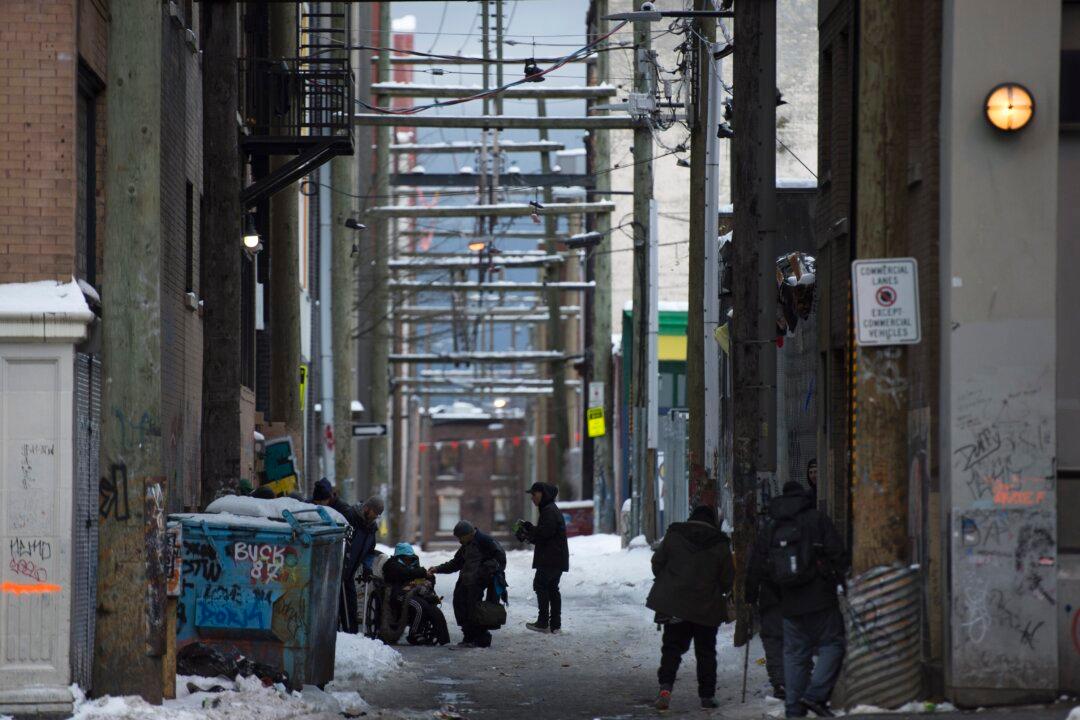Giuseppe Ganci, a recovering former cocaine and ecstasy addict now on the front lines treating drug addicts, said British Columbia’s move to decriminalize possession of up to 2.6 grams of hard drugs will not save lives.
Ganci, who works at Last Door Recovery, an inpatient addiction treatment facility for ages 13 to adult in New Westminster, B.C., told The Epoch Times that suggesting stigmatization is preventing addicts from getting treatment is “bizarre.”





